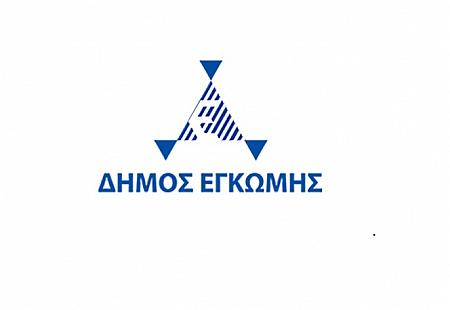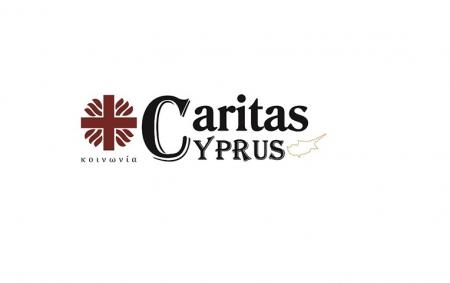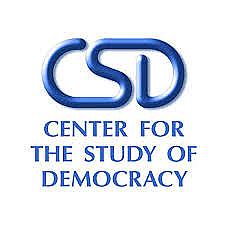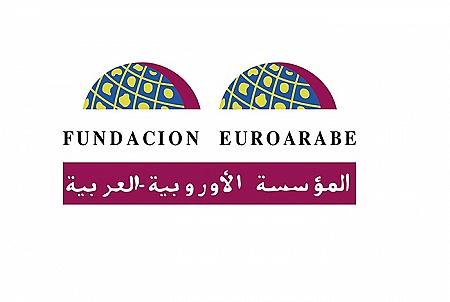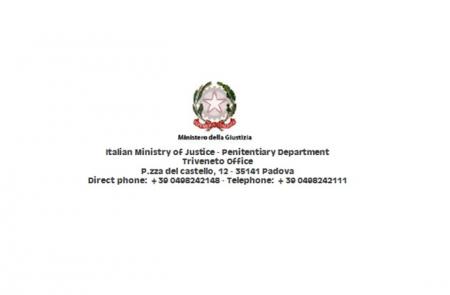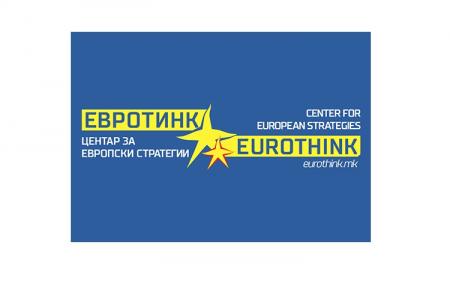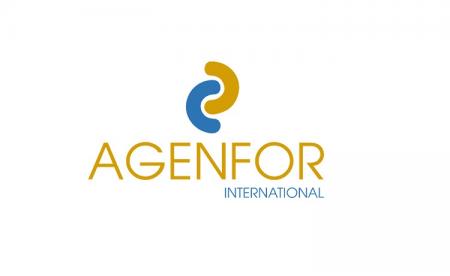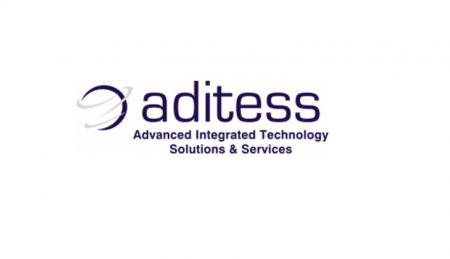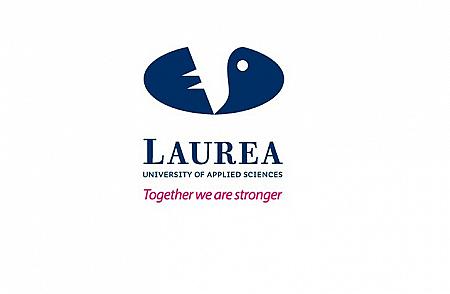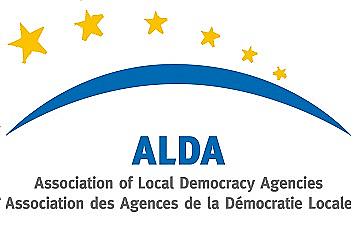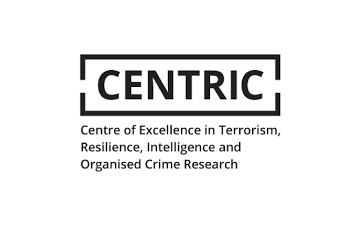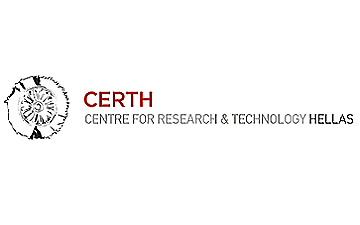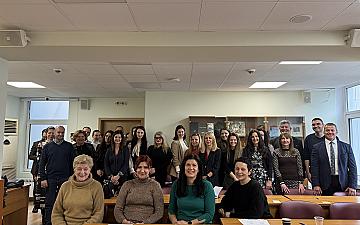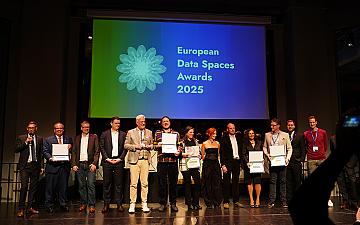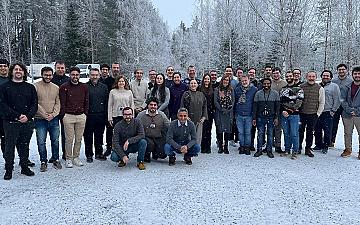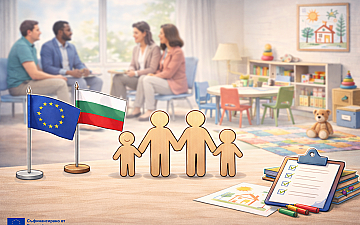ICT Enabled Services for Migration (MIICT)
Projects / Completed
Acronym: MIICT
Period: November 2018 – January 2022
Status: Finished
Contacts: Prof. Daniela Ilieva, PhD
Description
MIICT (ICT Enabled Services for Migration) was conceived with the goal of designing, developing and deploying tools that address the challenge of migrant integration. In service of this goal, the project undertakes to co-create improved ICT-enabled services with migrants, refugees, public sector services, NGOs (Non-Governmental-Organisations) and other interest groups. By involving research-users at the centre of our approach we address the need to improve and customise the interfaces used to access key public services so that they better address the requirements of migrants and refugees. To achieve this MIICT has undertaken the development of a system to capture the specific socio-cultural, economic and legal contexts of migrants; information that can be shared with public authorities. In order to promote inclusion and reduce the potential for discrimination and bias, the system acts as a firewall, meaning only information pertinent to the specific task of the public authority is visible, removing elements such as gender, ethnicity and age in circumstances where they have no relevance, removing opportunities for discrimination and unconscious bias.
Previous research has established that issues of integration, discrimination, employment (and unemployment), incapacity support and education rank highly among migrants of varying demographics; including different age groups, genders, education levels and immigration status. Factors such as autonomy, perception, culture and history, as well as institutional constraints shape the dynamics and experiences of migrants and highlight the complexity of the migration process. This complexity is also said to indicate diversity in the migration and integration process as a result of the almost infinite combination of factors that may impact upon migrants’ experiences; influenced by the relationships between the economic, social, political and cultural factors that exist across a given juncture.
Using a co-design approach, MIICT will design, develop and deploy bespoke solutions that address; a) the management of migrant integration, b) the customisation of services to match migrants’ needs, and c) the need for sustained and improved inclusion of migrants. This evidence-based and inclusive software solution aims to improve labour market access, matching individuals with jobs and development opportunities based upon their specific and unique contexts.
MIICT is grounded in the principles of co- design. Through the participation of multi-disciplinary stakeholders MIICT will design, develop and deploy processes to ensure the identification of needs and requirements from both the perspectives of migrants, public sector services and NGOs. The collaboration of cross-disciplinary expertise from academia, industry and the private-sector in the development of digital-services will realise improved service delivery, demonstrated through a rigorous piloting and evaluation process conducted across the EU. MIICT aims to provide migrants and refugees with access to key public services, public agencies and NGOs with ICT enabled services and the necessary agency to take advantage of those services.
The project is implemented with the support of the H2020 Research and Innovation programme of the European Commission under Grant Agreement No 822380.
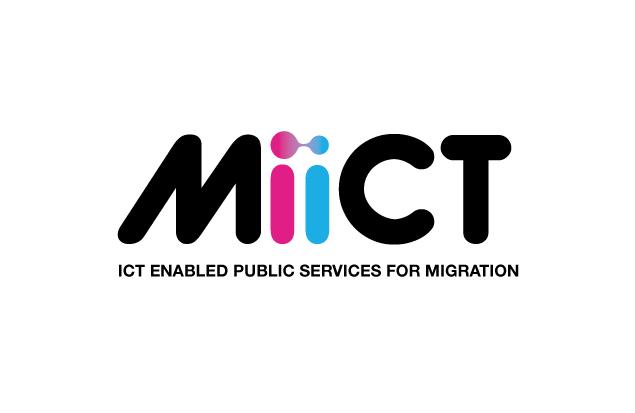
News
- Current EU actions on relocation of unaccompanied children within the European Union
- Fourth MIICT Consortium Meeting
- COVID-19 on Migrants in Greece, Bulgaria and in the Republic of North Macedonia
- COVID-19 does not discriminate; nor should our response
- Challenges before Public Services in the Field of Integration: The Perspective of Migrants and Refugees

